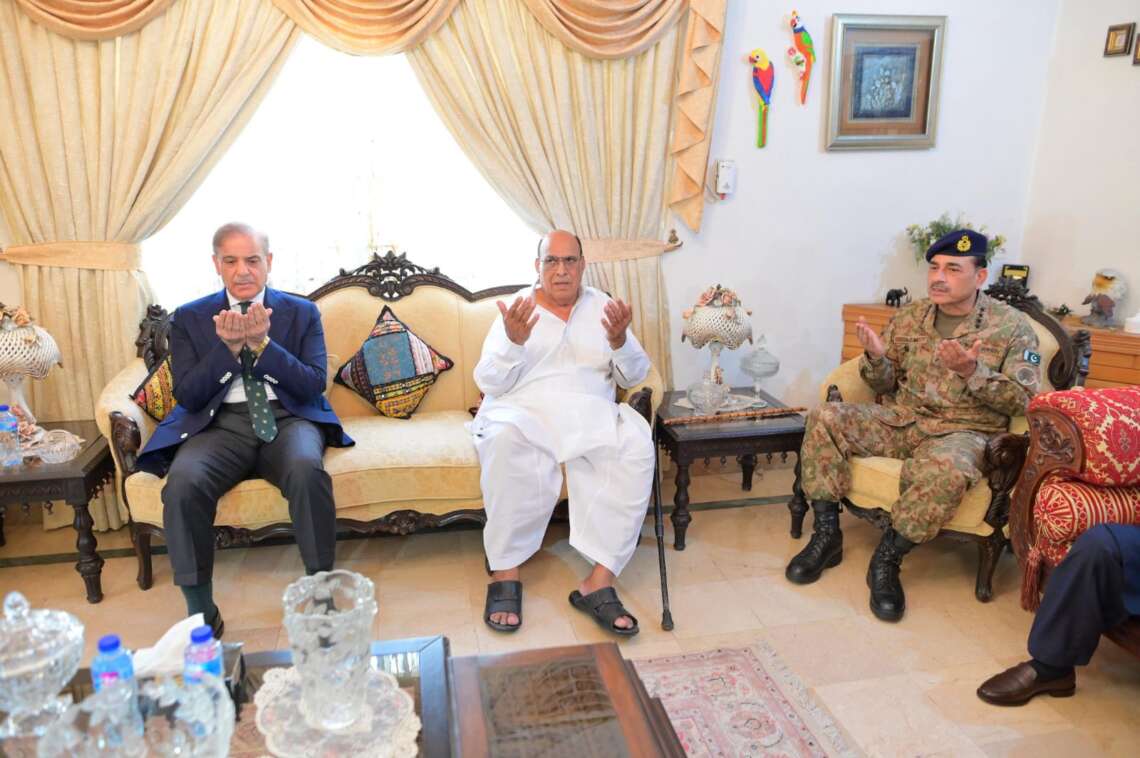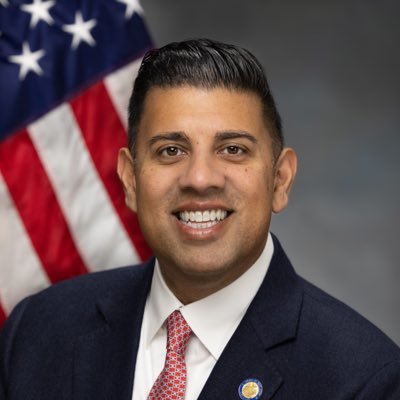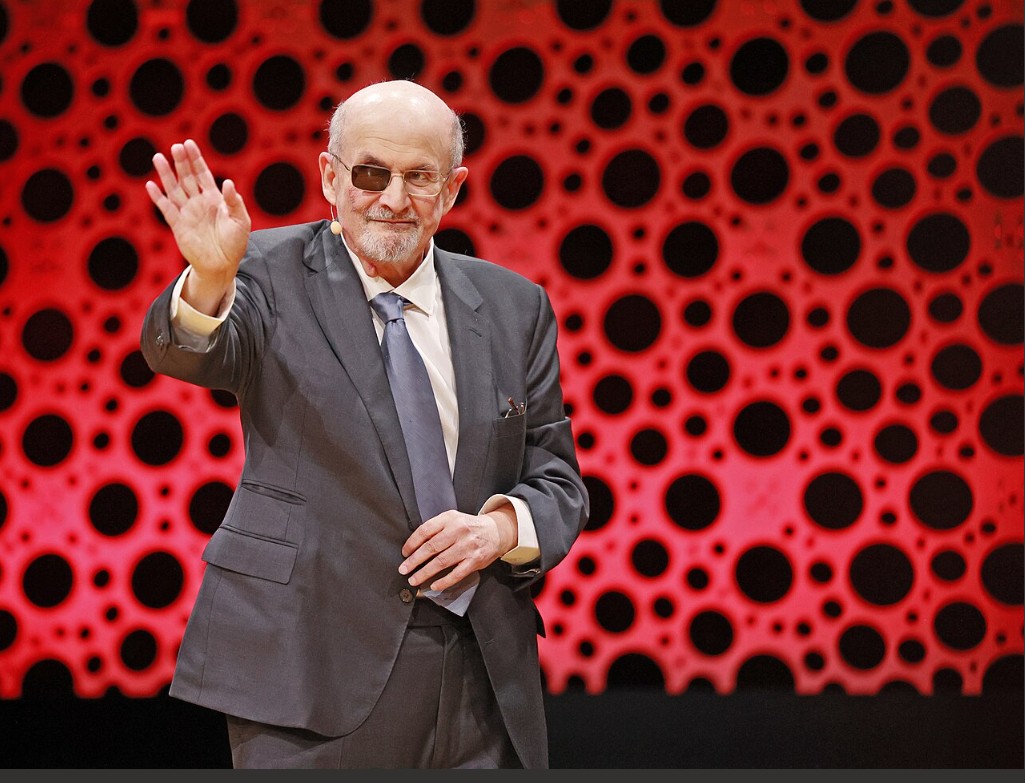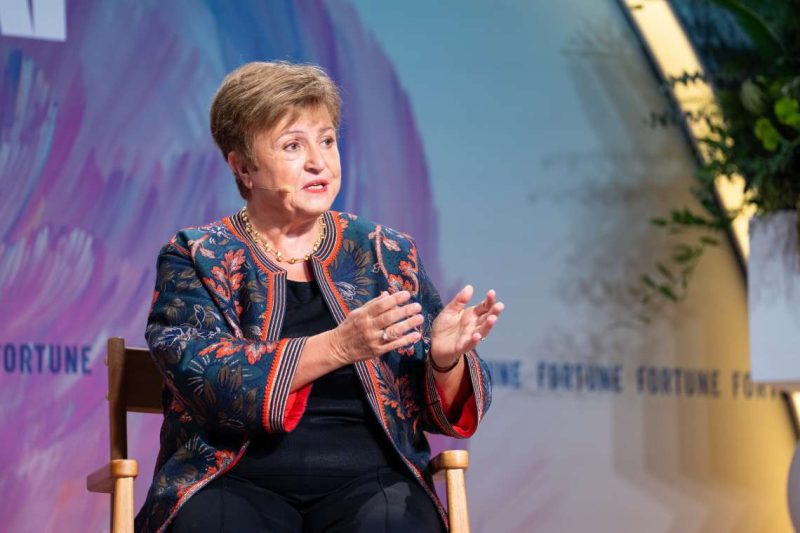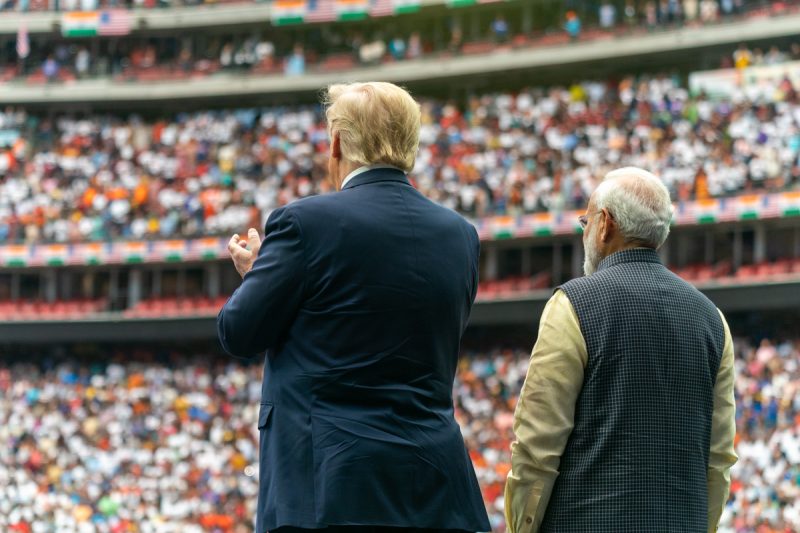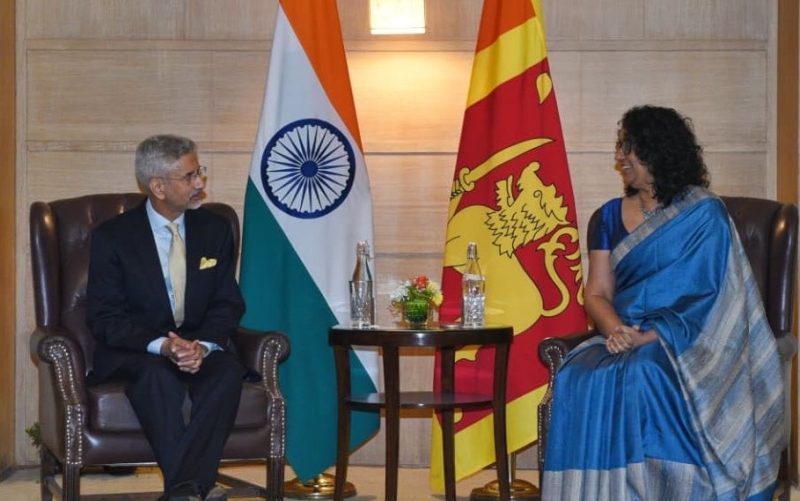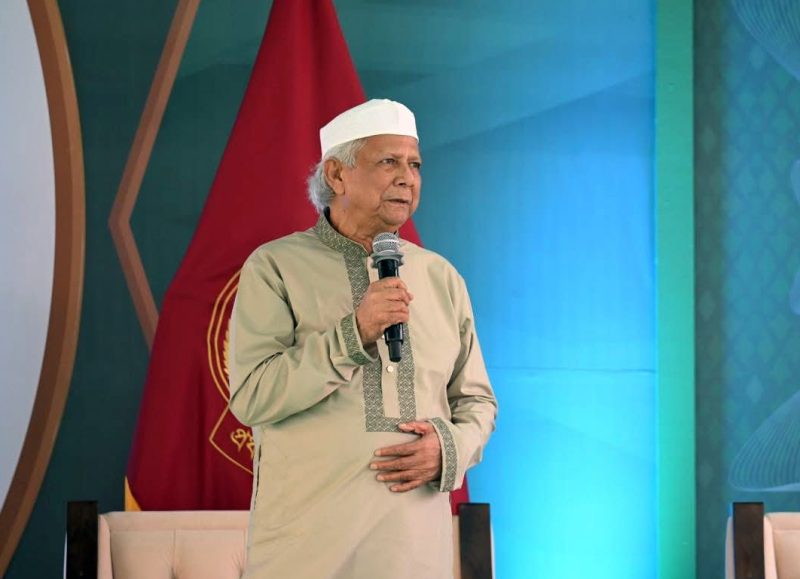Pakistan PM says Nur Khan airbase was hit; credits Trump and Gulf nations for de-escalation
In a rare and formal acknowledgment, Pakistan’s Prime Minister Shehbaz Sharif has confirmed that India launched missile strikes on multiple Pakistani airbases, including the strategic Nur Khan base in Rawalpindi, during the night of May 9–10.
Sharif made the disclosure during a speech at the “Youm-e-Tashakur” (Thanksgiving Day) ceremony held in Islamabad, celebrating what Pakistan calls the “success” of its military operation Bunyanum Marsoos and Marka-e-Haq—a response to Indian action. The ceremony, staged at The Monument, brought together military and civilian leadership in what critics have called a performative celebration amid a serious regional escalation.
The Prime Minister, for the first time, publicly confirmed Indian claims that missiles had struck Nur Khan airbase.
“On the night of May 9 and May 10, at around 2:30 a.m., the Army Chief called me on a secure line and informed me that India, through its ballistic missiles, had attacked us. One missile hit the Nur Khan airbase and others landed in different areas,” Sharif said.
According to him, Army Chief General Asim Munir sought authorisation for a full-scale response, which materialised in the form of Pakistani drone launches, missile salvos and airstrikes — though these were largely intercepted or neutralised by India’s defence systems.
Indian defence officials had earlier maintained that its military successfully thwarted all incoming threats, highlighting the effectiveness of its anti-missile capabilities.
Sharif’s confirmation adds significant weight to India’s narrative, which Islamabad had previously dismissed or downplayed in official statements. While Pakistani military briefings have so far focused on retaliatory capabilities and national unity, the Prime Minister’s remarks mark a shift towards candid acknowledgment of the initial Indian offensive.
He also emphasised that despite the retaliatory posture, Pakistan had not closed the door on dialogue.
“I am extremely grateful to all those friendly countries who were helpful in promoting peace and a ceasefire in this part of the world,” Sharif said, naming Saudi Arabia, the UAE, Qatar, Kuwait, Iran, Turkey, China, Britain, and others for their diplomatic efforts.
In a surprising gesture, Sharif offered high praise for US President Donald Trump, calling him instrumental in defusing the crisis.
“But above all, I would like to thank President Trump for his very brave leadership, and his vision that peace must be restored in South Asia sooner rather than later,” he said. “His path-breaking and strategic leadership did the trick and averted a very lethal looming war in this part of the world.”
While Islamabad celebrates what it views as a strategic response, the PM’s admission that Indian missiles breached Pakistani airspace and struck high-value targets is likely to trigger internal debate over defence preparedness and regional diplomacy.
This development could also shift the geopolitical narrative, potentially prompting renewed calls for transparency, restraint, and third-party mediation between the nuclear-armed neighbours.


